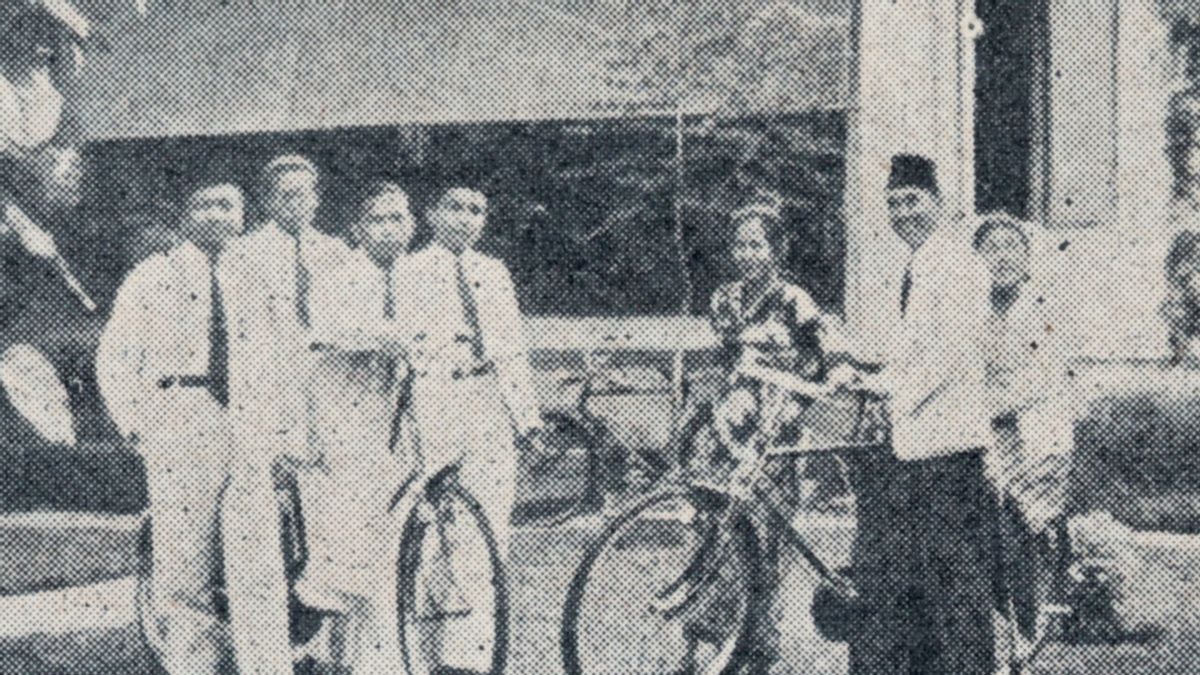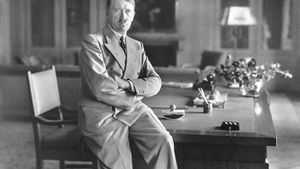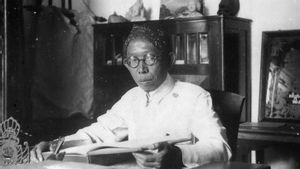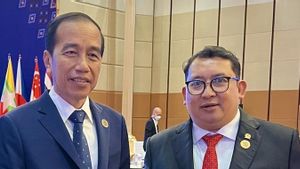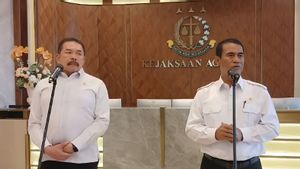JAKARTA - National political history 84 years ago, on May 9, 1938, Soekarno landed his feet on his second exile: Bengkulu. The decision was taken by the Dutch because the movement of Bung Karno was considered to be starting to be troublesome. Moreover, the prison sentences (Benceuy and Sukamiskin) did not deter Bung Karno.
The Dutch also took the initiative to expel Bung Karno to Ende, Flores, then Bengkulu. In Bengkulu, Bung Karno continued to finalize his resistance to the invaders. He also found his sweetheart, Fatmawati.
Bung Karno's movements often troubled the Dutch. In fact, he has been doing this since Bung Karno studied in Bandung. The young Soekarno continued to be motivated to bring the narrative of the bumiputras to be free from the shackles of colonialism. He also took advantage of all the momentum to spread the spirit of a free spirit. The pulpit for meetings and discussions became his favorite mouthpiece.
The Bumiputras seem to have new hope. Even Soekarno's name in the map of the national movement was increasingly raised. This popularity actually disturbed the Dutch colonial government. Bung Karno was labeled by the Dutch as a radical figure. Sometimes they are labeled as rebels.

Soekarno's activity made the Dutch angry. Dutch agents were deployed to monitor all their activities. However, Bung Karno was increasingly considered a dangerous figure for the existence of the Dutch. The Dutch also played a tactic. Bung Karno was immediately arrested and thrown into prisons – Benceuy and Sukamiskin Prisons. So that Bung Karno's space for movement would be limited, he thought.
The strategy did not go smoothly. Bung Karno always had a way of increasing his influence. The Dutch did not want to take the risk by still forcing Bung Karno to be detained on the island of Java. The option of expelling Bung Karno to Ende was perpetuated in 1934.
“Inggit repeated as she opened the basket of books, the only personal wealth carried by us. Most of the leaders were exiled to Digul. That's why I explained while taking out my school books so that every morning and night I could teach Ratna Djuami at home. In Digul there were 2,600 exiles. Of course, I will have a good life there.”

“Can you imagine what Sukarno will do with the 2,600 soldiers who have been prepared? I'll change the face of the Netherlands from remote New Guinea. Inggit never complained. It is her destiny in this life to give me peace of mind and provide assistance with affection, not to add to the problem," said Bung Karno as written by Cindy Adams in the book Bung Karno: Penyambung Lidah Rakyat Indonesia (1965).
Instead of dimming Soekarno's charm, his influence and thoughts grew in exile. The Netherlands is confused. Bung Karno's room for the movement was again monitored. As a result, Bung Karno's actions while in Ende made the Dutch even more stifling.
The Dutch intention arose to immediately move Soekarno. The only possible option for the Dutch was to expel Bung Karno to Bengkulu. He arrived in Bengkulu on May 9, 1938. There, the Dutch hoped that Bung Karno's influence would soon dim. In fact, the Netherlands was wrong.
Wherever Bung Karno was, his influence, charisma, and thoughts remained great. In Bengkulu, moreover. This condition was Bung Karno's trick to release the shackles of colonialism in the Nusantara in the future.

"Bung Karno with Mrs. Inggit Garnasih lived in a house located in Anggit Atas, a bit on the outskirts of the city at that time. the house was separated from other neighboring houses, so that the Dutch authorities could more easily carry out surveillance. Bung Karno often happily sang studenten (student) songs in Latin: lo vivat, lo vivat, nostorum sanitas.”
“When the national movement entered Bengkulu from Palembang, the Sarekat Islam Party (PSI) and the Indonesian National Party (PNI) had developed in Bengkulu. Bung Karno in Bengkulu joined Muhammadiyah. Then he taught at a Muhammadiyah school. Bung Karno was also active in tabligh. In Bengkulu, Bung Karno began a romantic relationship with Fatmawati – who became his wife after Oetari and Inggit,” said Rosihan Anwar in the book Sejarah Kecil “Petite Histoire” Indonesia Volume 1 (2004).
Such is the historical record of today's national politics, the event of Bung Karno's exile to Bengkulu on May 9, 1938.
SEE ALSO:
The English, Chinese, Japanese, Arabic, and French versions are automatically generated by the AI. So there may still be inaccuracies in translating, please always see Indonesian as our main language. (system supported by DigitalSiber.id)
